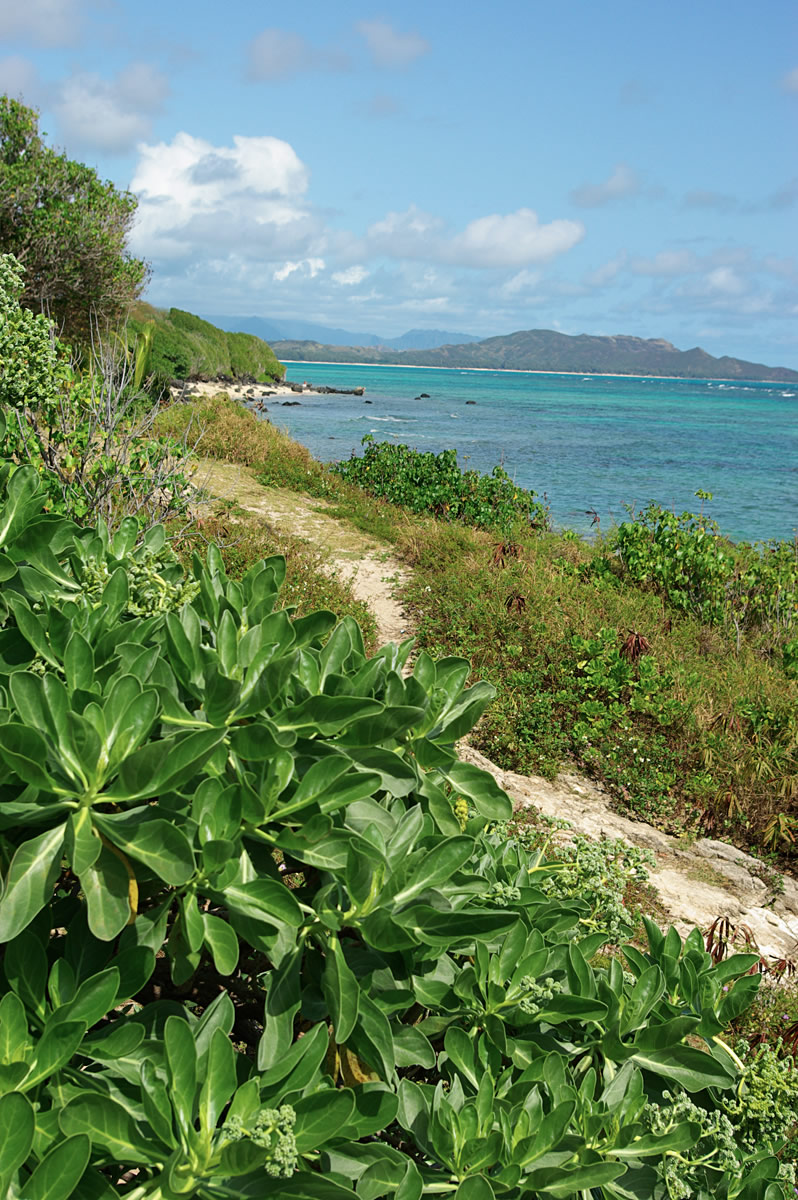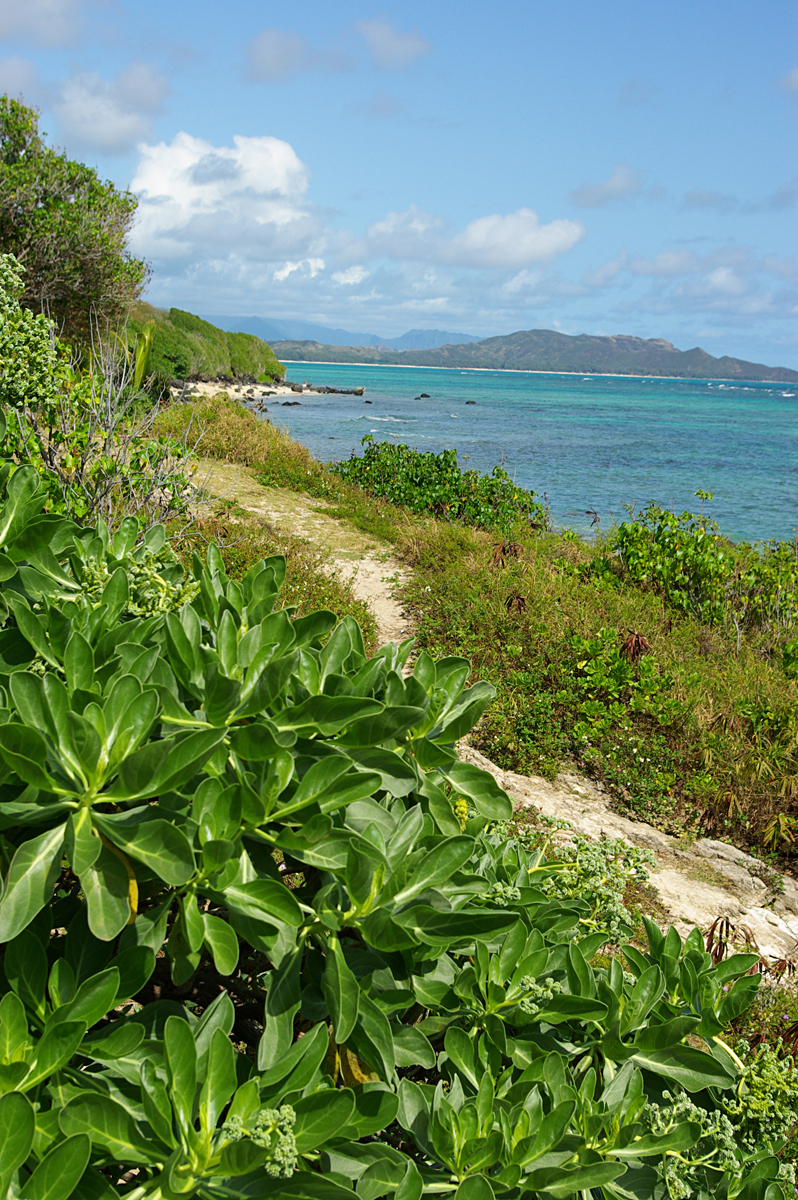Learn about two of the world’s last monarchies in the Winter 2011 Passport, Fit for a King
Story by Juli Keown
Queen Liliuokalani of the Kingdom of Hawaii sat in the royal throne room 117 years ago. One-hundred-and-sixty-two armed troops from Boston marched through Honolulu fueled by the belief that they were protecting American lives against a rebellious monarch. Although Hawaii didn’t become the fiftieth state of the U.S. until 1959, it has been under American control ever since that day in 1893.
“To avoid any collision of armed forces, and perhaps the loss of life, I do this under protest and impelled by force yield my authority,” Queen Liliuokalani said during the overthrow. She hoped the U.S. government would someday restore power to Hawaii as a sovereign kingdom.
Many Hawaiians today are still working to regain control over their land. The Hawaiian Sovereignty Movement is a national political movement seeking to gain the independence of Hawaii. This, however, means different things to different people. To some Hawaiians, it means gaining complete sovereignty but to others, it means gaining self-governance within U.S. borders. Another Hawaiian independence group, the Hawaiian Kingdom Government, does not consider itself part of the Hawaiian Sovereignty movement. Instead of working towards sovereignty this group works toward regaining control over what they consider an illegally occupied nation.
“Inspiration for the sovereignty movement is taken from the success of Native Americans in obtaining for themselves federal recognition and redress for historical injustices,” University of Oregon sophomore and Hawaii Club member Quinn Akina says.
The sovereignty movements in Hawaii are about preserving culture, Akina says. “It’s about getting recognition for our history,” she adds.
The Office of Hawaiian Affairs is pressing for federal legislation such as the Native Hawaiian Government Reorganization Act, also known as the Akaka bill, which would reclassify native Hawaiians as Native Americans. The Akaka bill passed the House of Representatives in February and is currently pending in the Senate. If passed, the bill would give Native Hawaiians federal recognition enabling them to form their own government similar to the self-governance that American Indian tribes have. It would also give Native Hawaiians the power to negotiate the use of their lands and preservation of their culture.
Within the Hawaiian community there are mixed feelings toward the Akaka bill. According to a poll sponsored by the Grassroot Institute of Hawaii and released by Zogby International, 34 percent of Hawaiian voters support the Akaka bill while 51 percent oppose it with 15 percent unsure of their opinion on the matter.
“I believe the Akaka bill is a step in the right direction but it would legally acknowledge Native Hawaiians as part of an Indian tribe,” Akina says. “Lazily lumping minorities into an indistinct categorization is a slap in the face to all indigenous people and a blatant disrespect of histories.”
Despite vocal detractors like Akina, the bill also has many supporters. “I support anything that better prepares Hawaii for self governance, control of educational systems, and social services,” says Kamanamaikalani Beamer, PhD in Geography from the University of Hawaii – Manoa.
Although Beamer supports the Akaka bill, she says: “I’m not involved in the sovereignty movement. I am involved in creating a Hawaii which values justice, one which cares for its lands, culture, and people.”
The sovereignty movement makes the mistake of assuming that Hawaii is part of the United States of America, says David Keanu Sai, a national of the Hawaiian Kingdom.
“Hawaii was kidnapped but it was treated like it was adopted,” Keanu Sai says. “Instead of trying to untangle the lies, just comply with the original agreement and restore the government. It’s a matter of compliance. You have to get the U.S. president to comply with the agreement.”
Whether the Hawaiian Kingdom regains control or the Akaka bill is passed, Beamer hopes the outcome of the movements going on in Hawaii will be “justices, empathy, and aloha.”









